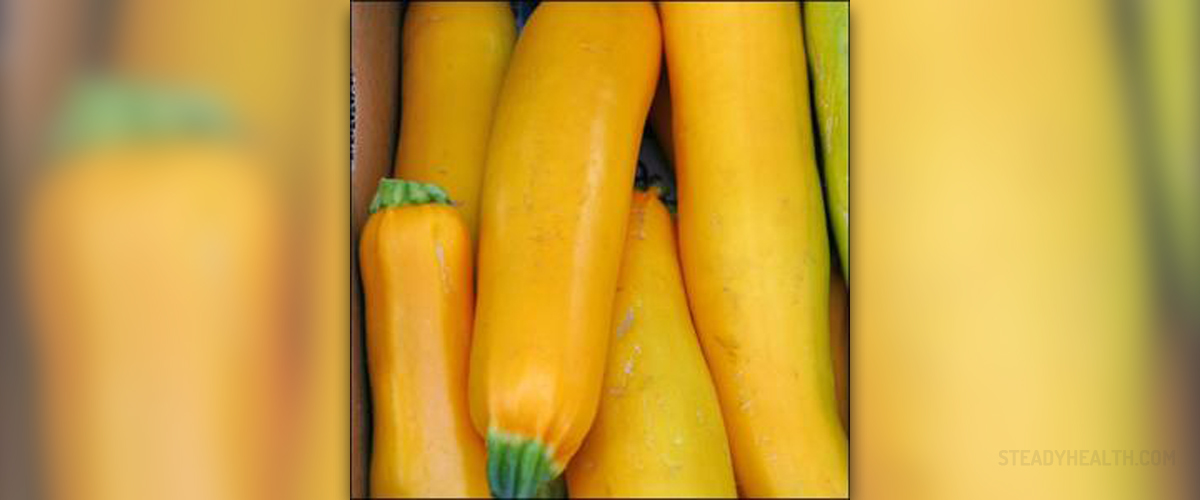
Summer squash are members of the squash family, which are usually harvested while still immature. While being immature, their rind is still tender and edible. Botanically, summer squashes are fruits of the species Cucurbita pepo, but they are considered vegetables in terms of culinary use. Summer squashes come in different varieties, shapes, colors, sizes and flavors. The entire vegetable is edible and their soft rind and creamy white flash make summer squashes a perfect addition to many summer meals. The peak of their season is between May and July. However, squashes are commercially available throughout the year. Summer squashes are fragile should be handled with care as small punctures will lead to decay. Summer squashes cannot be stored for long periods of time. Summer squashes should be stored unwashed in a plastic bag in a refrigerator for a maximum of seven days.
Nutritional facts about summer squash
One large portion of raw summer squash weighs approximately 113 grams and contains somewhere about 18 calories. This food is low in saturated fat, and very low in cholesterol and sodium. It is also a good source of protein, vitamin A, vitamin K, thiamin, niacin, phosphorus and copper, and a very good source of dietary fiber, vitamin C, riboflavin, vitamin B6, folate, magnesium, potassium and manganese. A portion of this size is enough to satisfy as much as 32% of recommended daily allowance (RDA) for vitamin C, 12% of RDA for vitamin B6, 10% of RDA for manganese, 9% of RDA for Riboflavin and 5% of RDA for vitamin A.To get the maximum nutritional benefits from summer squash, one should consume it raw. Some of the possible ways to enjoy it is to Sprinkle grated summer squash on top of salads and sandwiches, serve with a favorite dips, or add to favorite muffin or bread recipe.
Health benefits of summer squash
Summer squash has certain anti-cancer type effects. Vegetable juices obtained from squashes may have the ability to prevent cell mutations and other cancer-like changes. This vegetable promotes men’s health and reduces symptoms of benign prostatic hypertrophy (enlargement of the prostate gland). The traditional nutrients found in summer squash may be helpful in prevention of atherosclerosis and diabetic heart disease. Minerals found in summer squash may reduce the risk of heart attack and stroke and reduce high blood pressure. Certain nutrients, such as vitamin C and beta-carotene, are potent antioxidants, able to prevent oxidation of cholesterol. This makes summer squash one of the best means of prevention against atherosclerosis, heart attack and stroke. The copper found in summer squash is also beneficial for reducing the painful symptoms of rheumatoid arthritis.




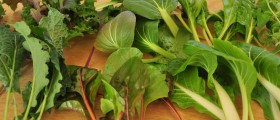

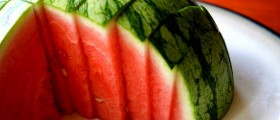
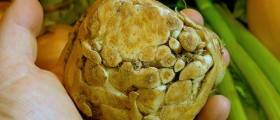
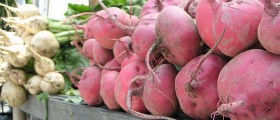

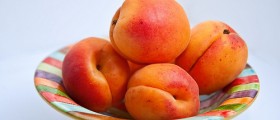
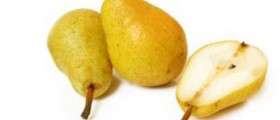

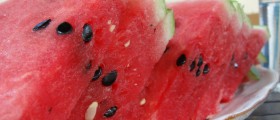
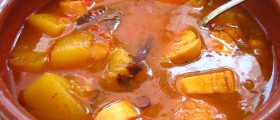
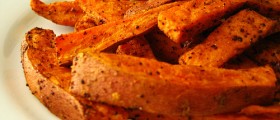
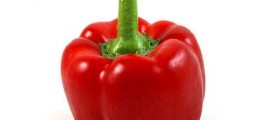
Your thoughts on this
Loading...